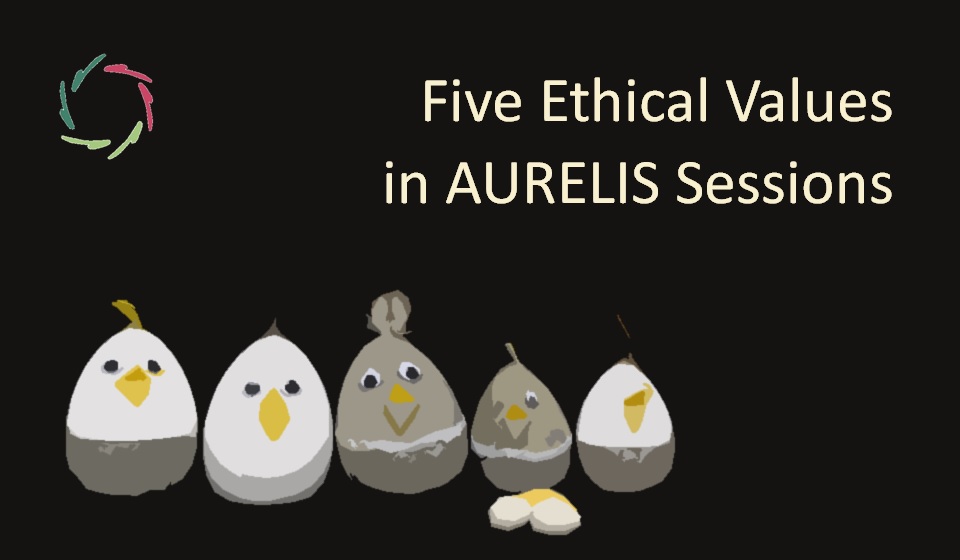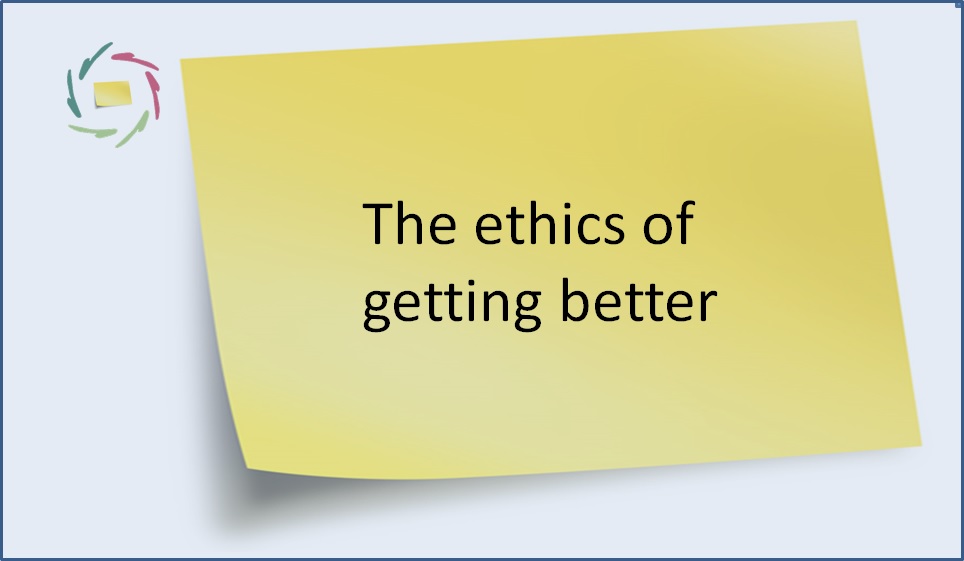Is Man Morally Makeable?

Is Man Morally Makeable?
IF there is a moral standard, can man be made to approach it? For instance, can one be made into a ‘good leader’?
[Man or woman. I just love the alliteration.]
For many centuries of course, this has been a main goal of education: to make humans into ‘better humans’. This has always included ‘morally better’.
So, here we are with this kind of ‘software’ in our head, say: mind, making us relatively independent of fixed natural inclinations, say: instincts. The higher the independence, the more important ‘ethics’ becomes as a means to deal with this moral freedom. The latter can be used for good or for bad.
But what is good or bad? And IF such a standard can be put in a durable way, how can man (or woman) be aligned to this?
Let’s suppose – with trepidation – that such a standard can indeed be put. Then the question is:
Is man morally makeable?
At first sight, this question encompasses the idea of men making other men better according to the ideal. Or: of one man making oneself. It’s actually the same kind of making: controlling the process from outside to inside.
Outside, being rather: directly controllable, conceptual, discretely graspable, serial…
Inside, being rather: subtle, sub-conceptual, intuitively graspable, parallel…
‘Makeable’ puts culture versus nature: what nature gave us (as newly born), we want to make better (as mature man, master of…). Pure nature being the first wave, I see this as second wave. It brings positive consequences (cultural progress) and negative ones (aggressive dealings with nature within and around us – examples abound).
A third wave is a synthesis of both: culture being part of nature itself, thereby ‘transcending’ nature. But isn’t that what nature has always done: extending itself in many ways, up to ‘transcending’? Evolution is but one ubiquitous example.
Within an ‘in-dividual’, this translates into human growth. So, our question becomes:
Can man morally grow?
I think definitely yes. But he needs a lot of support. A cookbook is not enough. He needs to do it himself… but at the same time he needs to be invited. Like a lady in a nice dance, who gets invited by a gentleman… and vice versa towards a very nice dance. It needs a lot of suggestion [= freedom + direction].
Without this support, it’s like building a ladder to the moon. Though at the beginning it seems obvious, it will never be achieved. This doesn’t mean the moon cannot be reached with proper support.
In our moral case, the moon can be seen as a symbol of enlightenment as it is for instance in Buddhism.
Depth, openness, respect, freedom, trustworthiness.
These five are what I have put together years ago as what works to me, as one kind of standard towards morality. Many other combinations are possible. It also depends on how they are interpreted, felt, realized.
These high five start from ‘the total human being’ as measure of morality. This makes depth as first element obvious. Then: openness towards this depth, respect towards caring for it, freedom towards making it possible in the first place, and trustworthiness because we need sustainability in our achievements.
A.I. is soon to come. It will also have ‘ethics’ in the sense of a purpose, an intention, a means to deal with freedom of action without grinding into total paralysis. Will this ethics be to ‘relieve suffering’? Will it know suffering within itself? Will it value ‘the total human being’ as much as ‘the total A.I. being’? To attain this, we should better value ourselves.
Anyway, valuing the ‘the total human being’ seems to me the best starting point. It brings morality not from anywhere else, but from our deepest selves. It seems to me also the basic ‘re-ligious’ intuition. it brings at the same time a standard of goodness as well as a means (strong support) to achieve it.
It brings wisdom
about the total human being: conscious and unconscious. Anno 2018: we scientifically know – without a shred of a doubt – that the latter is also immensely important in many ways.
It brings strength
through consistency, relaxation of disparate motivations towards being able to work at a better self and a better world.
It brings beauty
from inside and then everywhere: beauty (most profound of all qualia) as the feeling of being un-divided, in-dividual, one with the person / thing that is perceived to be beautiful.
It brings oneness.


